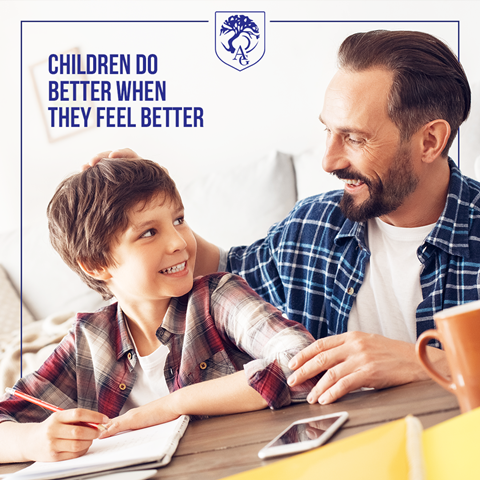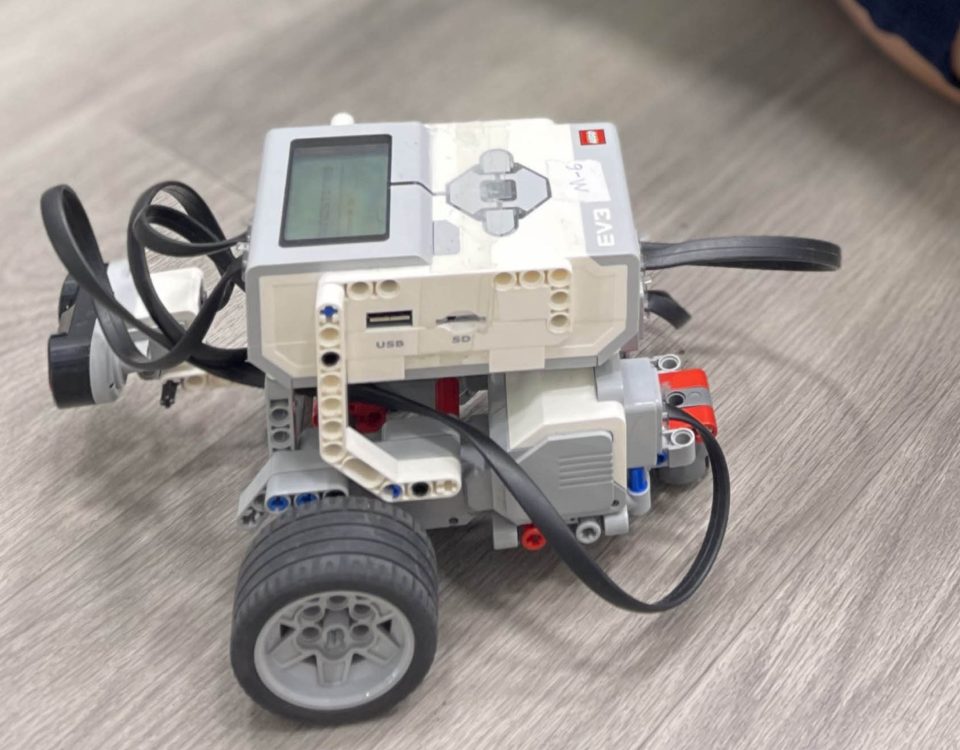Children Do Better When They Feel Better: Being Your Child’s Emotional Coach
Children Do Better When They Feel Better: Being Your Child’s Emotional Coach
Raising children comes with unique challenges, as you surely know. Children are constantly learning new information and experiencing new things. Along with that comes emotions that can fluctuate at unexpected rates. As a parent, we’re often pulled in what feels like hundreds of different directions. It’s not uncommon for tensions to be high, so when our children begin experiencing strong emotions, we can quickly lose sight of what is really happening.
It’s a parent’s responsibility to help children navigate their emotions and provide a safe haven for them to process what they’re feeling. Children thrive academically and socially when they feel validated. By helping them feel better about their emotions, you’re helping them do better in school and their own relationships. In order to do this, adults need to learn to manage their own emotions. Once we have a healthy understanding of managing our own emotions, then we can become emotion coaches for our children. If you’re struggling to understand how to help your child navigate their feelings, here’s some help.
- Let them feel their emotions.
When a child starts crying or starts exhibiting the early stages of a temper tantrum, we can quickly forget that it’s important to let them feel what they’re feeling. It becomes second nature for us to tell them to simply stop crying or change their attitude, but it’s not that simple. Having emotions – even the negative ones – is entirely normal and healthy. Let your child cry and be angry. They’re experiencing a natural reaction to something that is unpleasant to them. Help them try to understand why they are feeling that way so that they can eventually learn to recognize what triggers it.
- Be present.
When your child is experiencing strong emotions, don’t take a backseat approach. Refrain from tuning them out or secluding yourself in another room. Let your child know that you’re there for them and ready to help in any way that you can.
- Help them understand that emotions are temporary.
Strong emotions can be overwhelming for children and they can have a hard time remembering that the feelings are only temporary. Talk to your child and help them know that what they are feeling now won’t last forever. They can work through their emotions and things will eventually turn around.
- Help them slow down and relax.
One of the most helpful things you can do is help your child’s mind slow down. As you know, when we get angry or overwhelmed, our minds can quickly start running on overdrive. A child’s mind is no different. Help your child take some deep breaths to calm themselves. Turn off any distractions and go to a quiet place if possible. Removing excess stimuli will allow them an environment that is conducive to relaxing their thoughts.
- Give them space.
Once your child has successfully reduced their level of distress, back off a bit and give them some space. This will further allow them to calm themselves and process what they’re feeling. You can make sure they know that you’re giving them some time to cool down but that you’re nearby if they need anything.
- Help them learn from mistakes.
Negative emotions aren’t mistakes, but negative behaviors can be. For example, it’s completely okay to be angry but it’s not okay to hit a sibling. Show your child that it’s okay to be angry but it’s not okay to be physically or verbally aggressive. Help them find solutions to manage their negative behaviors so that their negative emotions don’t escalate into outward expressions the next time.
Be Patient And Embrace The Experience
As your child develops, there will always be new situations and new emotions that trigger them. Learn to be patient and try to see things from their point of view. You are in a unique seat to watch and guide human beings to become emotionally intelligent members of society. Your position as a parent is one of the most coveted and respected jobs on the planet. Enjoy the highs and lows and help your children always find the positive lessons in the negative experiences.








